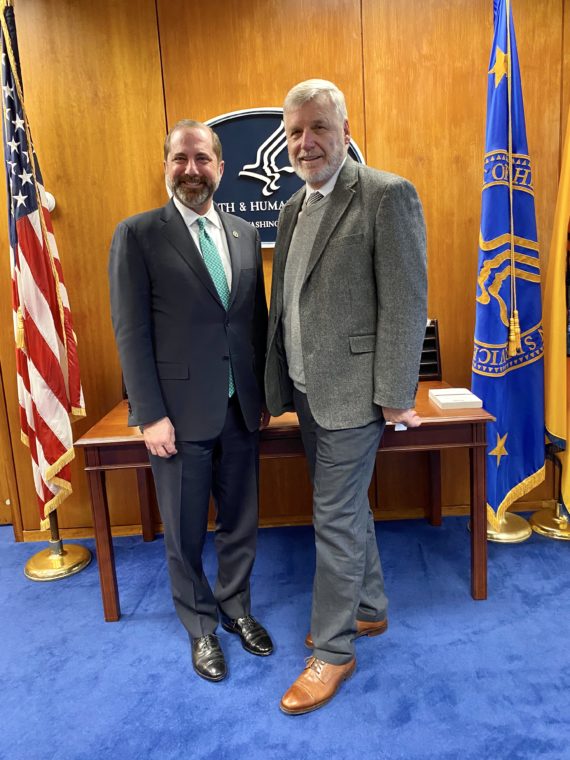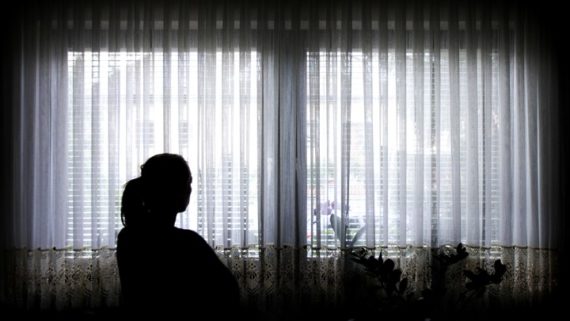(2-11-20) President Donald J. Trump has proposed a record $4.8 trillion budget for the 2021 fiscal year and the Washington Post has published an Op Ed by Joe Grogan, assistant to the president and director of the Domestic Policy Council, outlining the administration’s mental health agenda.
I don’t like writing about politics on this blog because my interest is solely in mental health, not partisanship. But I found this editorial interesting, in part, because it reflects the thinking of D. J. Jaffe, Dr. E. Fuller Torrey, John Snook, executive director of the Treatment Advocacy Center, and HHS Assistant Secretary for Mental Health and Substance Abuse Dr. Elinore McCance-Katz, as enumerated at a recent White House summit. You can watch presentations at the summit by Jaffe, Snook, and McCance-Katz by clicking on their name. Once the Democrats choose a final candidate, I will post that individual’s mental health platform.
Americans have failed people with mental illness. Trump’s new budget will change that.

This administration has already led the way on combating the drug addiction crisis. President Trump directed the declaration of an opioid public health emergency in 2017 and took action to confront the driving forces behind the crisis. Last week, the National Center for Health Statistics reported a decline in drug overdose deaths for the first time in 28 years. Life expectancy rose for the first time in four years.
In the 1950s, there were more than 550,000 state psychiatric hospital beds in the United States. By 2016, this number had dropped to 37,679. Instead of receiving care, the sick are locked behind bars, often after encounters with police officers ill equipped to manage these encounters effectively. There are more than 392,000 incarcerated individuals with serious mental illness. That means there are 10 times more individuals with serious mental illnesses in prison beds than in state psychiatric hospital beds.







